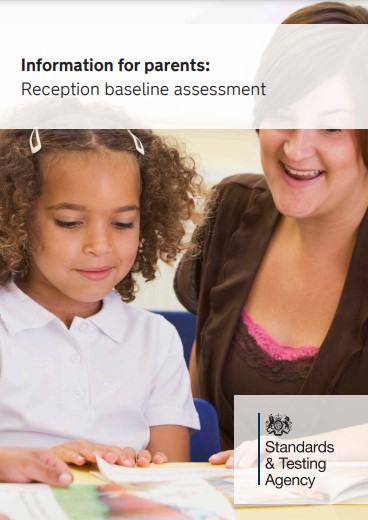At Our Lady’s Primary School we work closely with our children to identify what they know, need to learn next and what strategies will best help them do this. We recognise that for the pupils in our school to make excellent progress, our staff have to make careful and ongoing assessments. We do this through the use of different types of assessment. There are Assessments Of Learning (i.e. traditional tests) and Assessments For Learning (i.e. strategies used to continually calculate pupils’ understanding).
Assessment for Learning
Assessment for learning involves using assessment in the classroom to raise pupils’ achievement. It is based on the idea that pupils will improve most if they understand the aim of their learning, where they are in relation to this aim and how they can achieve the aim (or close the gap in their knowledge). Children’s progress can then be assessed against the “learning objectives” in the curriculum planning.
Assessment is linked to teachers’ curriculum planning, since it is only by continually assessing what children have learnt and understood, that we can know what “next steps” should be planned. Planning and assessment form an ongoing cycle.
Effective assessment for learning happens all the time in our classrooms. It involves:
- sharing learning objectives with pupils
- helping pupils know and recognise the standards to aim for
- providing feedback that helps pupils to identify how to improve
- believing that every pupil can improve in comparison with previous achievements
- both the teacher and pupils reviewing and reflecting on pupils’ performance and progress
- pupils learning self-assessment techniques to discover areas they need to improve
- recognising that both motivation and self-esteem, crucial for effective learning and progress, can be increased by effective assessment techniques.
Children’s learning is assessed in a variety of ways ……. By observing the children, by talking with them about their learning and designing low stakes assessment tasks/quizzes/activities at the end of an area of learning in order to find out what children have learnt.
Feedback and Marking
At Our Lady’s, we are committed to giving meaningful feedback to move childrens’ learning on further. When possible we feedback as close to the learning as possible during the lesson. Whole class and individual ‘learning conversations’ take place as the lesson progresses. Such conversations focus on the planned learning for the lesson and enable teachers to assess learning, give instant and constructive feedback and to scaffold / develop the next step with the child – immediate improvements can be made. Pupil self-evaluation becomes an essential part of this dialogue.
Self-evaluation:
We believe that the more aware children are of the purpose of what they do, and the steps they need to take to achieve a target, the more responsibility they will begin to take for their own learning – a vital aspect of achieving success.
Self evaluation at Our Lady’s:
- Actively involves pupils in their learning.
- Provides a window into pupils’ thinking
- Makes planned learning / assessment criteria visible
- Makes pupils’ learning visible to enable communication about it (it’s usually abstract)
- Enables feedback to support current learning and feed into the next stage of the teaching and learning process
- Enables feedback which helps pupils know how to improve
And develops:
- Pupils and ‘teachers’ to become partners in the learning process
- Confidence that every pupil can improve and make progress
Statuatory Assessments
Children will take statuatory assessments at key stages in the school life as follows:
| Age | Year | Key Stage | Assessment |
| 4 to 5 | Reception | EYFS | Baseline Assessment – carried out by class teacher within the first 6 weeks of school. EYFS Profile – Teacher Assessment carried out in June measuring children’s performance against the Early Learning Goals. |
| 5 to 6 | Year 1 | KS 1 | Phonics Screening Check – administered by teachers in June. |
| 8-9 | Year 4 | KS 2 | Multiplication Check – administered online in June |
| 10 to 11 | Year 6 | KS 2 | Statutory Assessment Teast (SATs) in SPaG, Reading and Maths adminstered nationally during one week in May and Teacher Assessed judgments in Writing and Science. |
Please find a parents’ guides to the Statuatory assessments below:





